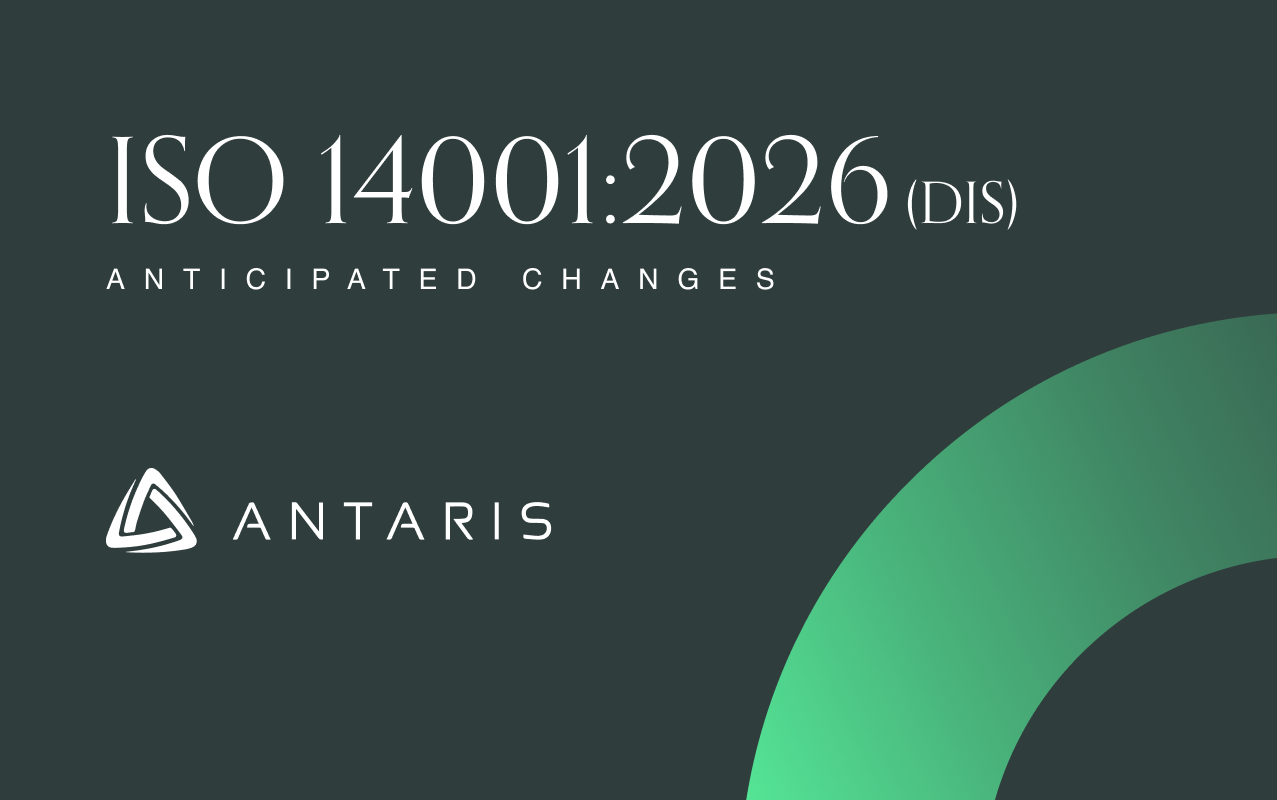A Greener Future: Understanding EU Directive 2023/1791 on Energy Efficiency
On 13 September 2023, the European Parliament and the Council of the European Union took a significant step toward a more sustainable future by adopting Directive (EU) 2023/1791. This landmark directive focuses on enhancing energy efficiency across the European Union and is part of the broader European Green Deal and the “Fit for 55” package aimed at reducing greenhouse gas emissions by at least 55% by 2030. The directive also amends Regulation (EU) 2023/955 and represents a recast of previous energy efficiency legislation, reinforcing the EU’s commitment to climate neutrality by 2050. Member States are required to transpose the new requirements into national law by 11 October 2025, ensuring full implementation of the directive’s goals and obligations.
Why Energy Efficiency?
Energy efficiency is more than just using less energy, it’s about optimising energy consumption to achieve the same, or better, results. This approach reduces greenhouse gas emissions, lowers energy bills, enhances energy security, and stimulates innovation and job creation. With Europe facing increasing energy costs, climate change, and geopolitical tensions affecting energy supplies, the push for efficiency has become more urgent than ever.
Directive (EU) 2023/1791 is a comprehensive update that responds to these challenges with clear targets and robust mechanisms for accountability and progress tracking.
Key Features of Directive 2023/1791
- Binding Energy Efficiency Targets
One of the most notable elements of the directive is the establishment of binding targets. The EU now commits to a reduction in final energy consumption of at least 11.7% by 2030, compared to projected use under the 2020 reference scenario. This represents a significant shift from earlier directives that focused on indicative targets. Member States are now required to contribute to achieving the EU-wide target through national contributions, calculated using objective criteria and a formula outlined in the directive. - Energy Savings Obligation
The directive increases the annual energy savings obligation for Member States. From 2024 to 2030, countries must ensure new annual savings of 1.49%, rising gradually to 1.9% from 2028 onwards. These savings must come from energy efficiency improvements in sectors such as buildings, transport, and industry. The goal is to drive long-term systemic changes rather than one-off measures. - Public Sector Leadership
Governments are expected to lead by example. The directive mandates that the public sector must reduce energy consumption by 1.9% annually and that at least 3% of the total floor area of public buildings must be renovated each year to meet minimum energy performance standards. Public procurement is also addressed, requiring authorities to prioritise energy efficient products and services. - Support for Vulnerable Consumers
A socially inclusive energy transition is another pillar of the directive. It emphasises protecting vulnerable consumers by ensuring that energy efficiency measures contribute to alleviating energy poverty. Member States must implement targeted policies and financing tools to assist low-income households and marginalised communities. - Energy Efficiency First Principle
The “energy efficiency first” principle is now embedded in energy planning, investment decisions, and regulation. This means that energy,saving options must be considered before expanding supply-side infrastructure. It’s a strategic pivot that could transform how energy systems are designed and managed across Europe. - Monitoring and Reporting
To ensure transparency and progress, the directive establishes enhanced monitoring and reporting obligations. Member States must submit national energy and climate plans (NECPs) and biennial progress reports. These documents will be assessed by the European Commission to ensure alignment with the EU’s overall goals.
Implications and Next Steps
Directive 2023/1791 marks a turning point in the EU’s climate policy landscape. By setting binding energy efficiency goals and introducing stronger enforcement mechanisms, it reinforces the EU’s leadership in global climate action. For Member States, the directive implies significant legislative and infrastructural changes, requiring coordinated efforts across all levels of government, businesses, and civil society.
Furthermore, this directive can spur technological innovation, particularly in sectors like smart buildings, green mobility, and industrial automation. Companies that embrace energy efficiency can benefit from cost savings, regulatory incentives, and improved competitiveness.
What It Means for Businesses
Directive 2023/1791 introduces significant responsibilities and opportunities for businesses across the EU. Key requirements include:
- General Impact on Businesses
- All businesses, especially in energy,intensive sectors like manufacturing, transport, and real estate, must prepare to assess and improve their energy performance.
- Compliance may involve energy audits, system upgrades, and investment in energy-efficient technologies.
- Early adoption can yield cost savings, innovation benefits, regulatory incentives, and a stronger competitive position.
- Large Enterprises (Consumption > 85 TJ/year)
- Enterprises with an average annual energy consumption exceeding 85 terajoules (TJ) over the previous three years must implement a certified energy management system.
- This system must be in place by 11 October 2027 and certified by an independent body.
- Medium-to-Large Enterprises (Consumption > 10 TJ/year but no energy management system)
- Enterprises in this category must undergo an energy audit by 11 October 2026, and then at least every four years.
- Based on audit results, they must develop a concrete and feasible Action Plan outlining how each recommendation will be implemented where technically and economically viable.
- Action Plans must be submitted to enterprise management, published, and included in the company’s annual report along with the implementation rate.
- SMEs (not exceeding 10 TJ/year)
- While not subject to mandatory audits, SMEs will be supported by Member State programmes aimed at:
- Encouraging energy audits
- Quantifying the benefits of energy efficiency measures
- Creating energy efficiency roadmaps and networks
- Demonstrating how energy management systems can improve operations
- While not subject to mandatory audits, SMEs will be supported by Member State programmes aimed at:
- Other Enterprises (not in the above categories)
- Member States must also promote energy audits and encourage the implementation of resulting recommendations for all other businesses through national programmes.
Conclusion
As the climate crisis deepens and energy markets face growing pressure, Directive (EU) 2023/1791 offers a timely and ambitious blueprint for sustainable growth. It emphasises that energy efficiency is not merely an environmental concern, it’s an economic, social, and strategic imperative. By putting energy savings front and centre, the EU is not only reducing emissions but also reshaping its energy future to be cleaner, more resilient, and more equitable.








